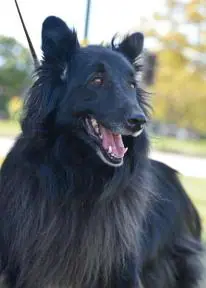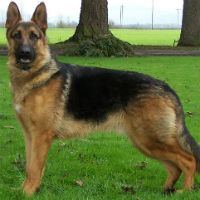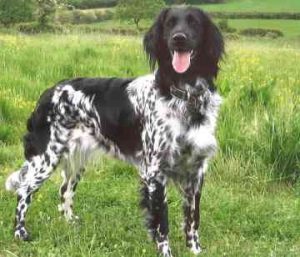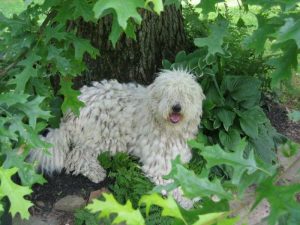Poodle, Standard
Poodle Rescue Program | Help Change a Life
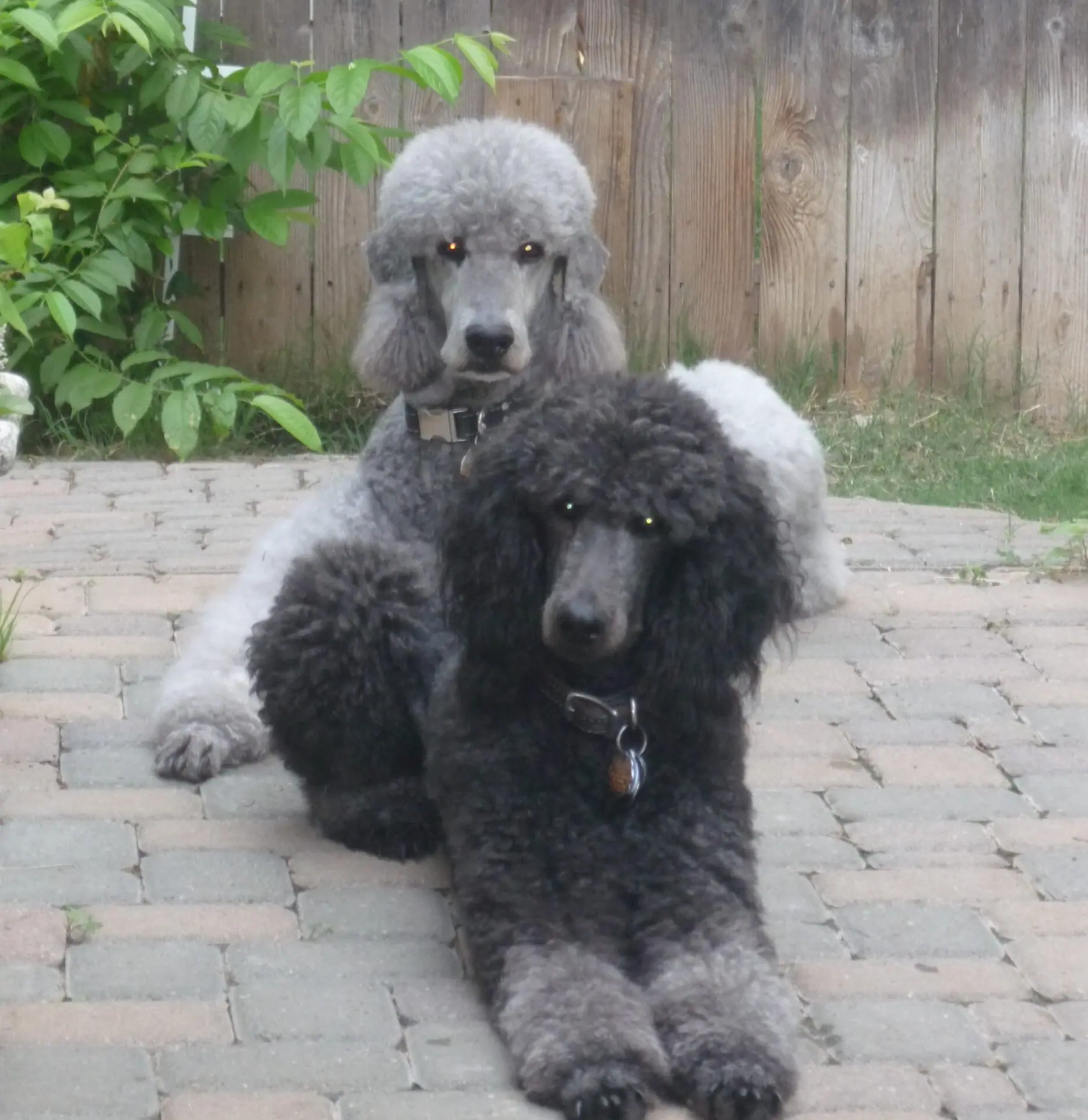
-
Breed Group : Non-Sporting
-
Origin :
-
Average Height : 22" - 28"
-
Average Weight : 45 - 70 lbs.
-
Life Span : 13 - 18 years
Photo Courtesy info : Poodle Rescue of New England
-
Size
1 2 3 4 5 6 7 8 9 10 -
Energy
1 2 3 4 5 6 7 8 9 10 -
Intelligence
1 2 3 4 5 6 7 8 9 10 -
Ease of Training
1 2 3 4 5 6 7 8 9 10 -
Hypo-Allergenic
1 2 3 4 5 6 7 8 9 10 -
Shedding
1 2 3 4 5 6 7 8 9 10 -
Good with Kids
1 2 3 4 5 6 7 8 9 10 -
Good with Other Pets
1 2 3 4 5 6 7 8 9 10 -
Guard Dog
1 2 3 4 5 6 7 8 9 10




